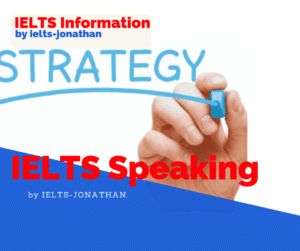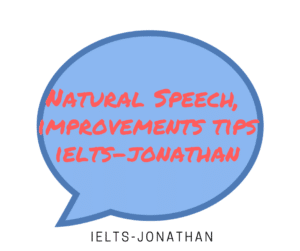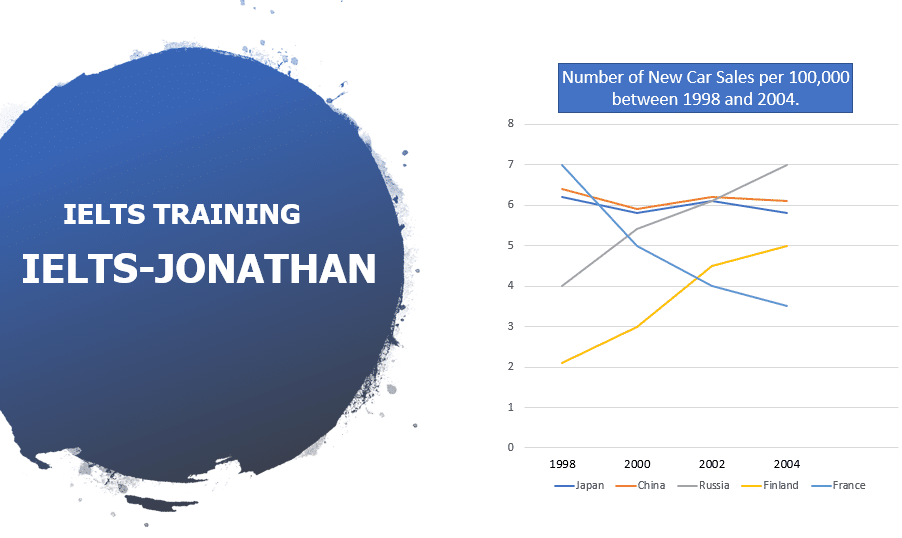How to obtain a Higher Speaking Mark
To obtain a higher mark in IELTS Speaking the examiner needs to see the skilful use of Lexical Resource and Clear Pronunciation.
Lexical Resource accounts for 25% of the overall speaking band as does Pronunciation.
Take a look at my example of how you could impress the examiner with natural language and natural speech.
Lexical Fillers
There are two ways to say, “You know” because there are two main meanings for this phrase.
- You can use the phrase “You know” with the meaning of, “You already know (the answer to your question)”.
- It is also quite natural to use this phrase in conversation when we are trying to explain something but don’t know the exact word or words that we want to say.
Look at this example answer in Speaking Part 3
Q: “What’s the difference between traditional fairy tales and modern stories?”
A: “Well, traditional stories are usually set in the traditional lifestyle that people had, which was typically rural, whereas most modern stories have modern, urban settings. As well as that, most traditional stories are either myths that explain a natural phenomena such as how the moon came to be in the sky or stories that teach you a morality lesson, …you know, like teaching people what is good and bad behaviour,. But most modern stories are not myths or moral tales; they just tell a short story, which, you know, is often an adventure story or a mystery story, for example, what we might see in a TV program or in a movie.”
The above is a very natural way to speak and could equally be replaced by other phrases such as “like”, “something like”, “similar to”, “what I mean is” or “such as”.
More advance Lexical Fillers
- Finally, another way of using “you know” is when you are introducing a new piece of information or a new fact. Look at this example: “You know, I’ve only been living in London for the past three months, so I don’t know the city as well as I know my hometown.”
“You know, the diet is Asia is changing. As countries grow richer, the demand for meat increases while demand for rice decreases. You know, that could be a serious environmental problem in the future.”
In both examples 2 and 3, the stress is placed on “know” and the acceptable pronunciation becomes “y’ know”,
“Y know, I’ve only been living in London for the past three months, so I don’t know the city as well as I know my hometown.”
You can practise listening to a recording that shows you the two ways to say, “you know”: here.
When introducing a new piece of information, the second way is the correct way.
You can use tips and information on this website to help make it easier to obtain a higher score, but remember you still need to work at learning the language to be successful.
Please share to someone you know and in the meantime take a look at my Facebook Page and Website for IELTS answers and you can also join my Facebook Group here too.
Good Luck
Jonathan
I’m Jonathan
I’ve taught IELTS and University English in more than a dozen universities and schools around the world.
I’m a parent, traveller and passionate about language teaching and helping students achieve their dreams.
Whilst living in Austria or working in Asia, I run IELTS courses to help students get to where they want to be.
If you are serious about IELTS, connect with me to see how I can help you.







Was this helpful? Leave a comment :)